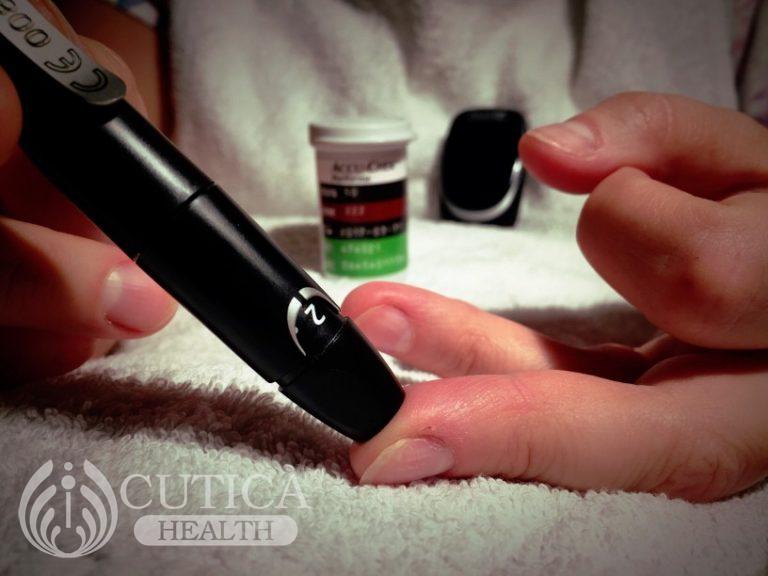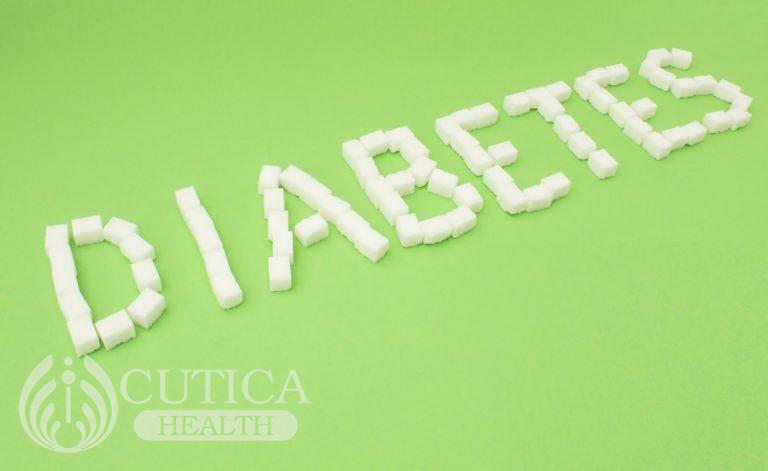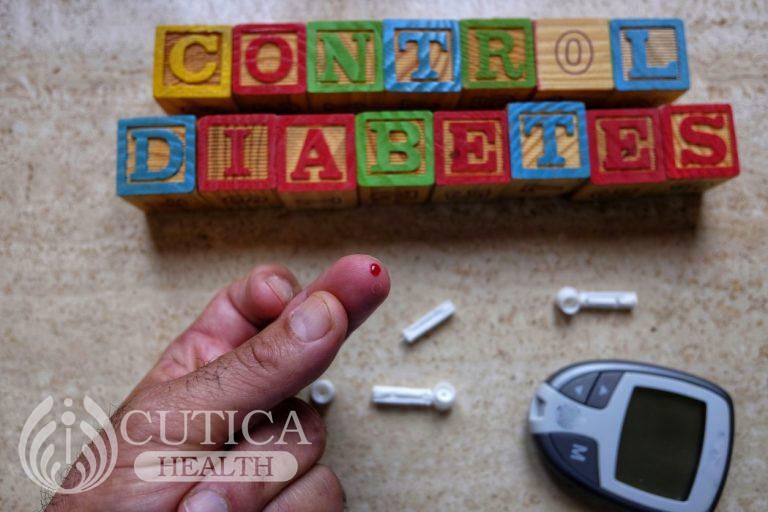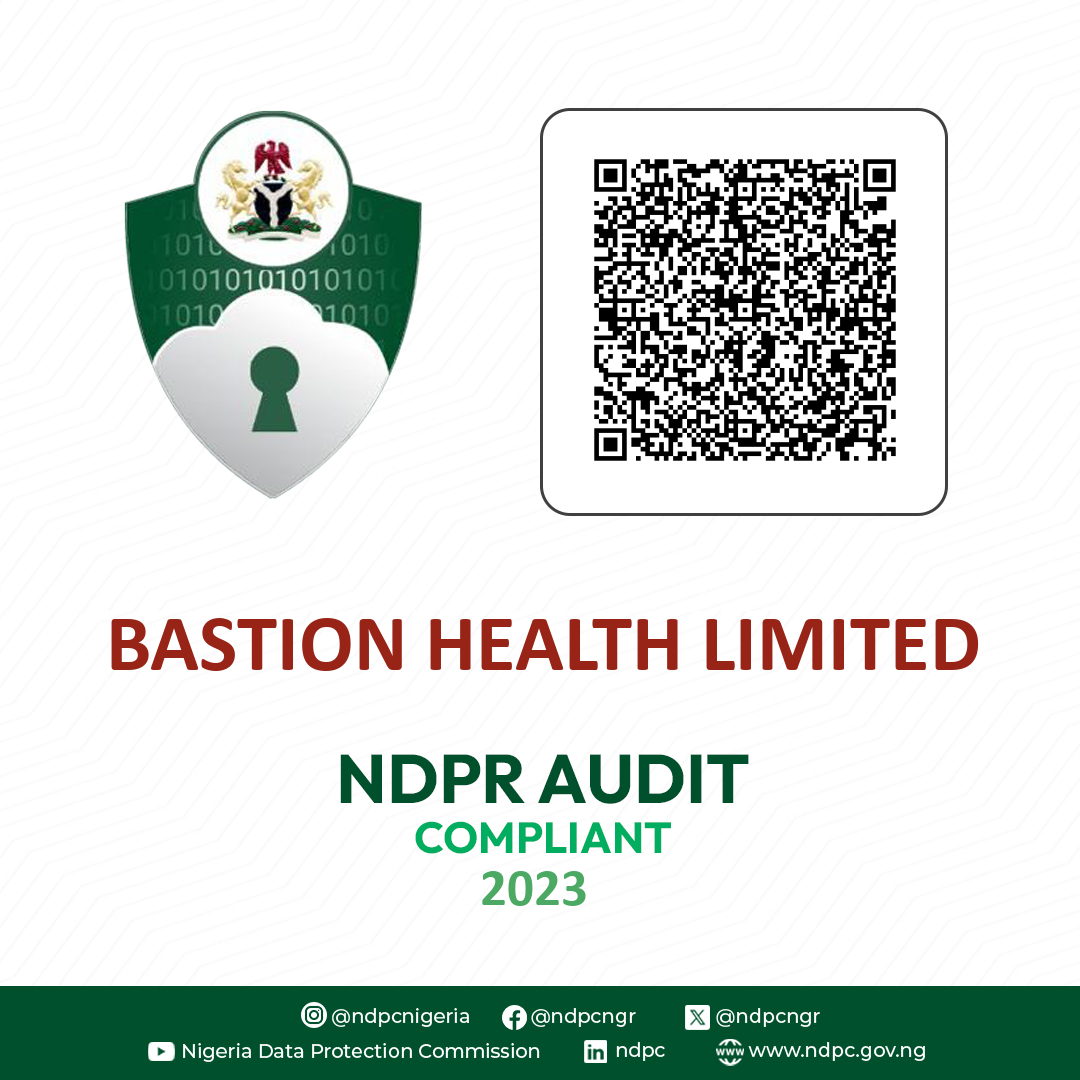Prediabetes is a common wake-up call to take control of one’s long term health. Let’s learn from Hassan.
As part of his pre-employment medical examination, Hassan had blood drawn yesterday for a number of tests. The company doctor has called him to discuss the test results.
Doctor: Your test results are great, except blood glucose which was 105 mg/dL.
Hassan: What does that mean? Do I have diabetes?
Doctor: First, did you have breakfast before the blood test yesterday morning?
Hassan: No, my last meal was the night before
Doctor: That is important because fasting for at least 8 hours is necessary for the blood glucose result to be valid. You do not have diabetes, but you have prediabetes. Consider this to be good news because you have an opportunity to make changes to reverse the situation and avoid diabetes and all its bad effects.
What is prediabetes?

Prediabetes is a condition where blood glucose levels are higher than normal, but not high enough to be considered diabetes. Prediabetes is also called impaired glucose tolerance, impaired fasting glucose, or borderline diabetes. This diagnosis is made when fasting glucose is between 100 and 125 mg/dL. Other blood tests can also be used to make the diagnosis.
What causes prediabetes?
Insulin, a hormone produced by the pancreas, helps regulate blood glucose. When you have prediabetes, the body cells do not respond well to insulin, a condition referred to as insulin resistance. Consequently, a lot of glucose is left in the bloodstream, resulting in high blood glucose levels.
What might this signify?
Prediabetes is an early indicator that you may develop diabetes in the future. It is also a hint that you need to take immediate and lifelong lifestyle and diet changes.
The good news is you can reduce your chances of prediabetes developing into diabetes-type2.
What to look out for –
Prediabetes typically develops gradually without clear signs and symptoms. Therefore, you may have prediabetes without knowing it. This is why it is important to get checked with appropriate blood test if you have risk factors

Risk factors include:
- Being obese or overweight
- Age greater than 45
- A history of type 2 diabetes in a parent or sibling
- Living a sedentary lifestyle
- Developing diabetes in pregnancy or delivering a baby weighing more than 4 kgs.
- Having a high LDL (bad cholesterol), low HDL (good cholesterol) and high triglycerides
- Having polycystic ovary syndrome (POS)
Now that Hassan knows he has prediabetes, what should he do to prevent progression to full blown diabetes?
- Reduce his weight. A BMI (Body Mass Index) of 18-25 is considered ideal.
- Increase his physical activity through activities like walking, jogging, or cycling.
- Make dietary changes by increasing consumption of whole (unprocessed) foods and vegetables/fruits that have lots of fiber, and reducing high starch (carbohydrate) meals, sugary drinks, and fatty foods

All these measures could have helped Hassan avoid prediabetes in the first place. But it’s never too late to start doing the right things.
You have the power to make a difference
Hassan is thankful for his new job and feels empowered to make positive health changes. Not one to waste time, he compiles a list of changes he will make, starting with tonight’s dinner. I will cut my rice and fufu portion in half, skip soft drinks, and go for a walk every morning, he mused.
Good luck, Hassan! …… and make sure your wife gets checked for prediabetes too.









